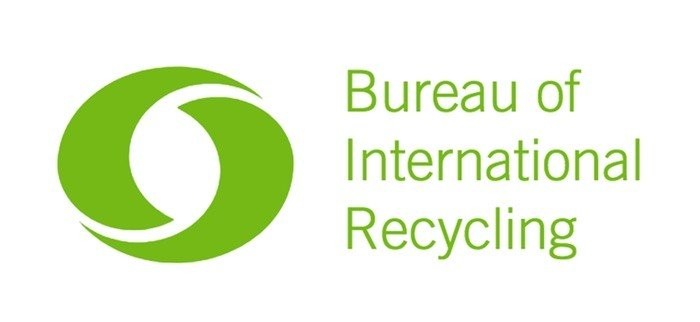Adaptation required for the global paper recycling industry as China ends imports after 2020
BIR paper division eForum panellists offer mixture of pessimism and optimism in assessing the outlook

The Bureau of International Recycling (BIR) Paper Division's first-ever eForum, held June 16th, offered a mix of optimism and concern with respect to the immediate future of the global fibre recycling industry, as China prepares to close its doors completely to imports of recovered paper by the end of 2020.
China, the dominant export outlet for recovered fibre surpluses globally, will no longer be accepting the material from the end of this year. This means final shipments will be need to leave Europe, for example, as early as mid-November. With this context in mind, BIR's eForum panellists offered a range of assessments on the current global outlook and discussed a number of options that would help support the work of the paper recycling sector going forward, including taxes and mandatory recycled contents.
BIR past president Ranjit Singh Baxi of J&H Sales International in the UK emphasized to start, "We have to develop sustainable markets for our products; we have to work together. We cannot do without exporting our surplus recovered fibre."
Paper recycling needs to be "supported and grown," insisted Baxi, adding that any increase in the landfilling or burning of this resource would constitute "a big blunder" in terms of carbon footprint.
Divisional President Jean-Luc Petithuguenin of France-based Paprec declared himself to be "very optimistic" about the future of paper recycling. If the plastics industry did not address its "very weak" recycled contents, "We will see packaging and many other products switching from plastic to, for example, paper".
Keith Trower of Viridor Resource Management in the UK expressed concern about the economics of recycling and about prospects for continued investment in the sector if prices were to remain low. However, he also insisted: "As long as we make the right quality, there should be a demand. Over the last three or four years, we have improved the quality significantly."
Francisco Donoso of Spain-based Alba Servicios Verdes argued that it would be "very difficult to offset the lack of demand from China" but that an extension of end-of-waste status across Europe would enable recyclers to "open our business to other markets to which we can't export now".
Despite the loss of 12 million tonnes of recovered fibre from the worldwide market over the last three months as a result of the COVID pandemic, prices had been falling in June, lamented Divisional Past President Dominique Maguin of La Compagnie des Matières Premières in France. Without export outlets for the surpluses in Europe and elsewhere, prices were likely to "collapse," he warned.
On a positive note, Mr Maguin said that figures for 2018 presented by General Delegate Sébastien Ricard of Paprec "show clearly the importance of the recycling sector." The presentation provided data which were drawn from, among others, "BIR Global Facts & Figures" world statistics on recovered paper that are currently being prepared by the world recycling organization and are due to be published this summer.
A key finding had been that, of the 420 million tonnes of paper and board produced globally in 2018, "more than half" incorporated recycled fibres, said Mr Ricard. The trend around the world was clearly towards greater recycled contents, thus further legitimizing the work of the sector, he added.
Approaching 110 million tonnes, Asia was responsible for 43% of world recovered paper production in 2018, followed by Europe on around 67 million tonnes and North America on upwards of 52 million tonnes.
Ending the webinar on a positive note, Mr Baxi offered a prediction that implied positive consequences for recovered paper usage.
"By 2030," he declared, "we will be producing 500 million tonnes of paper and board because global demand for packaging will increase." Mr Maguin agreed that there had always existed a correlation between global population growth and demand for paper and board.



